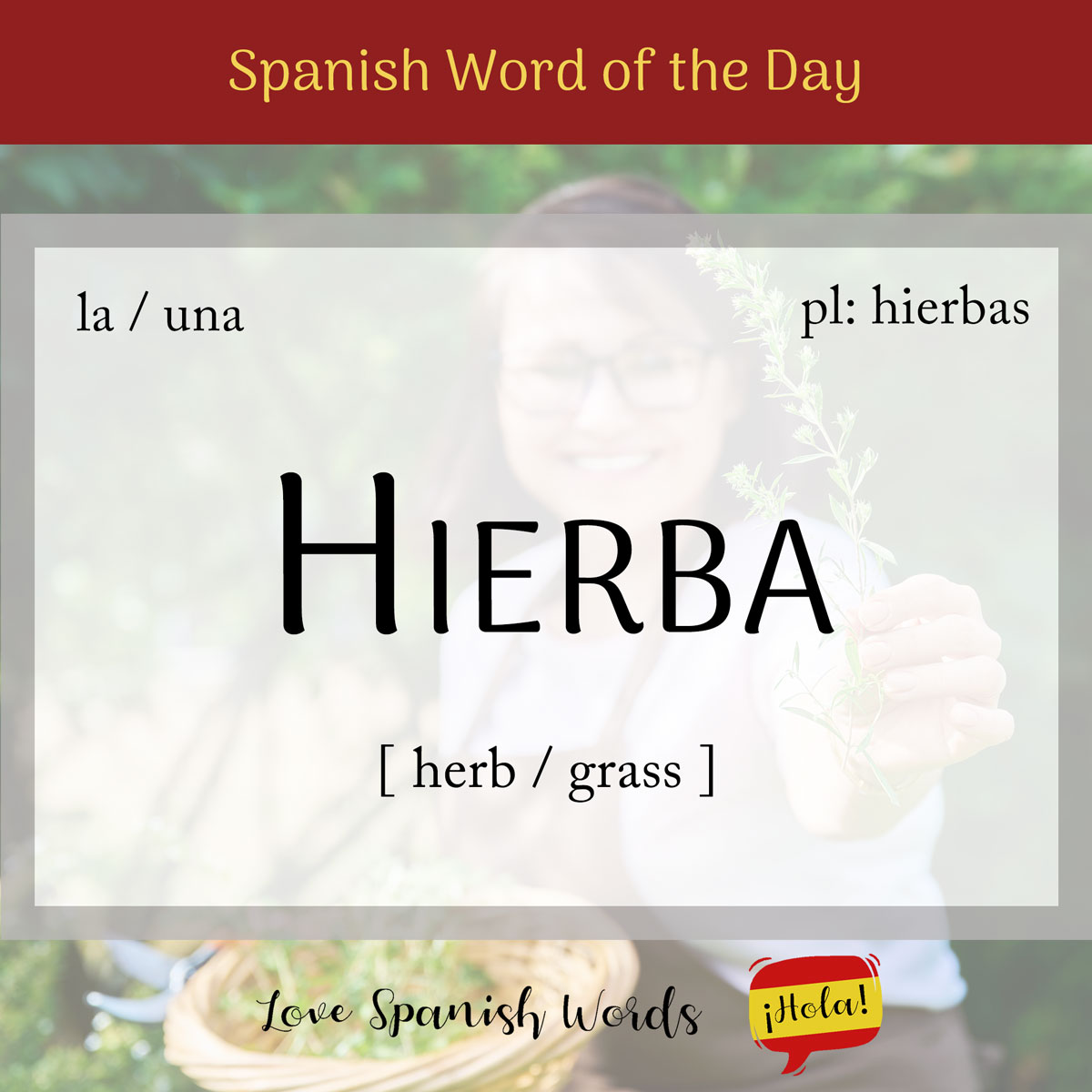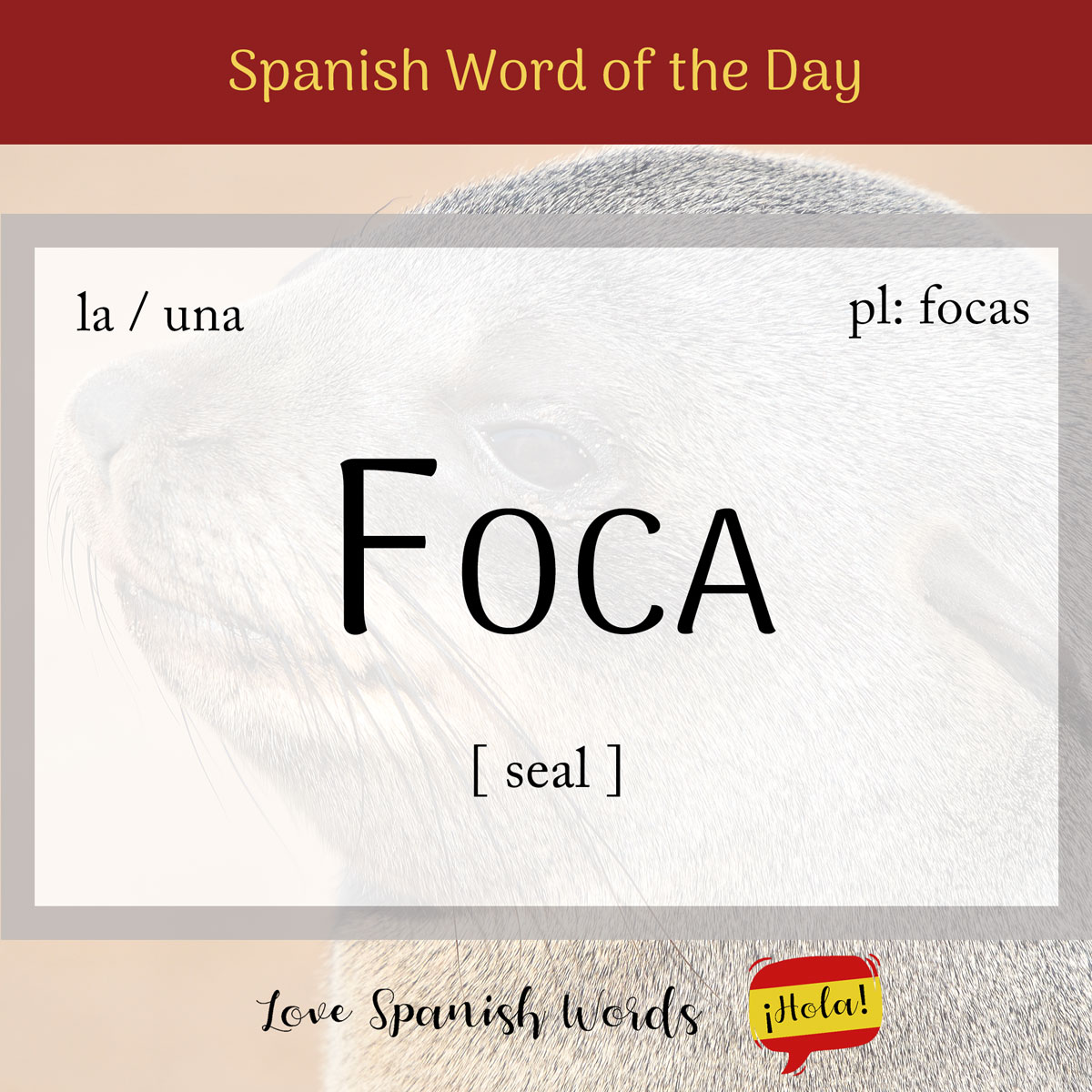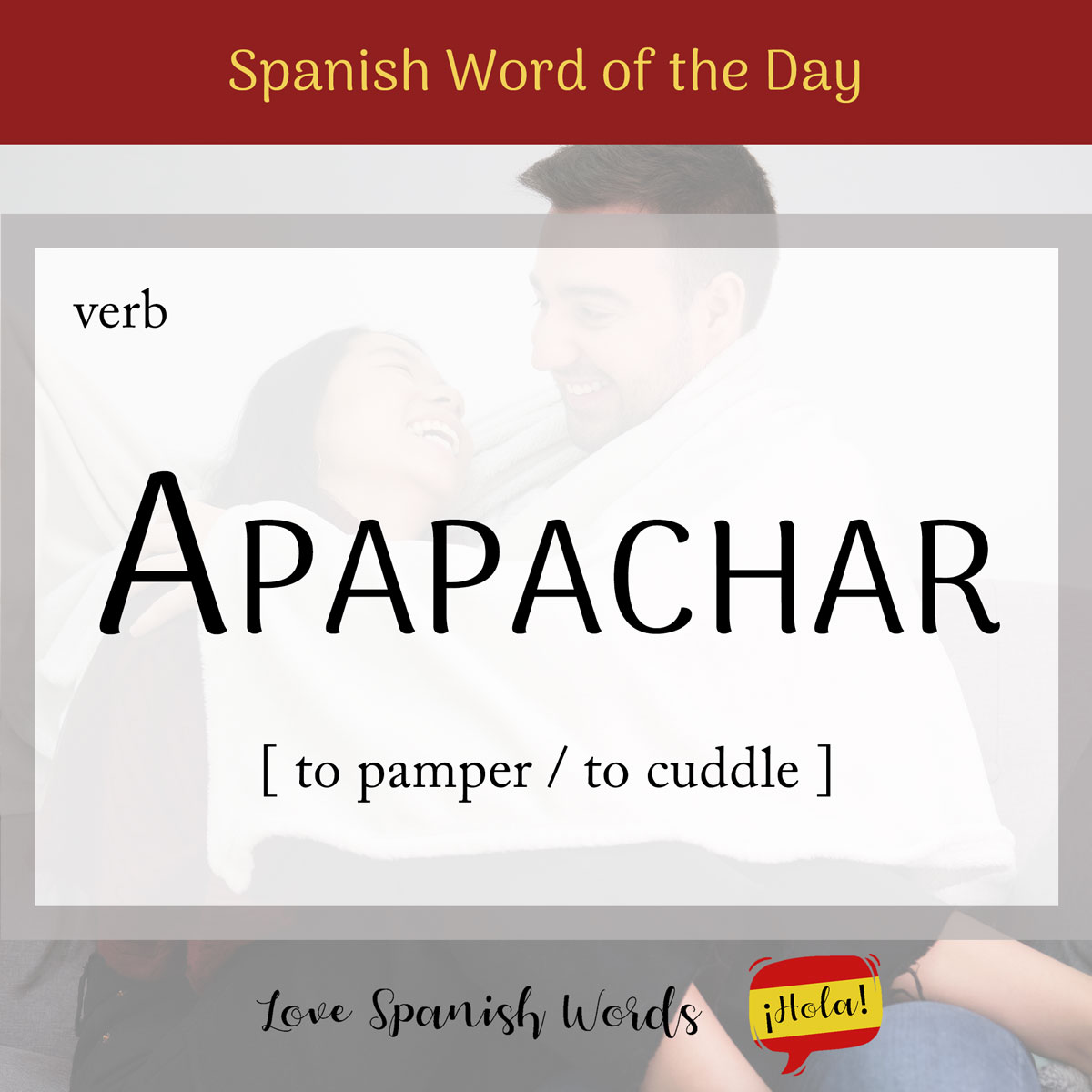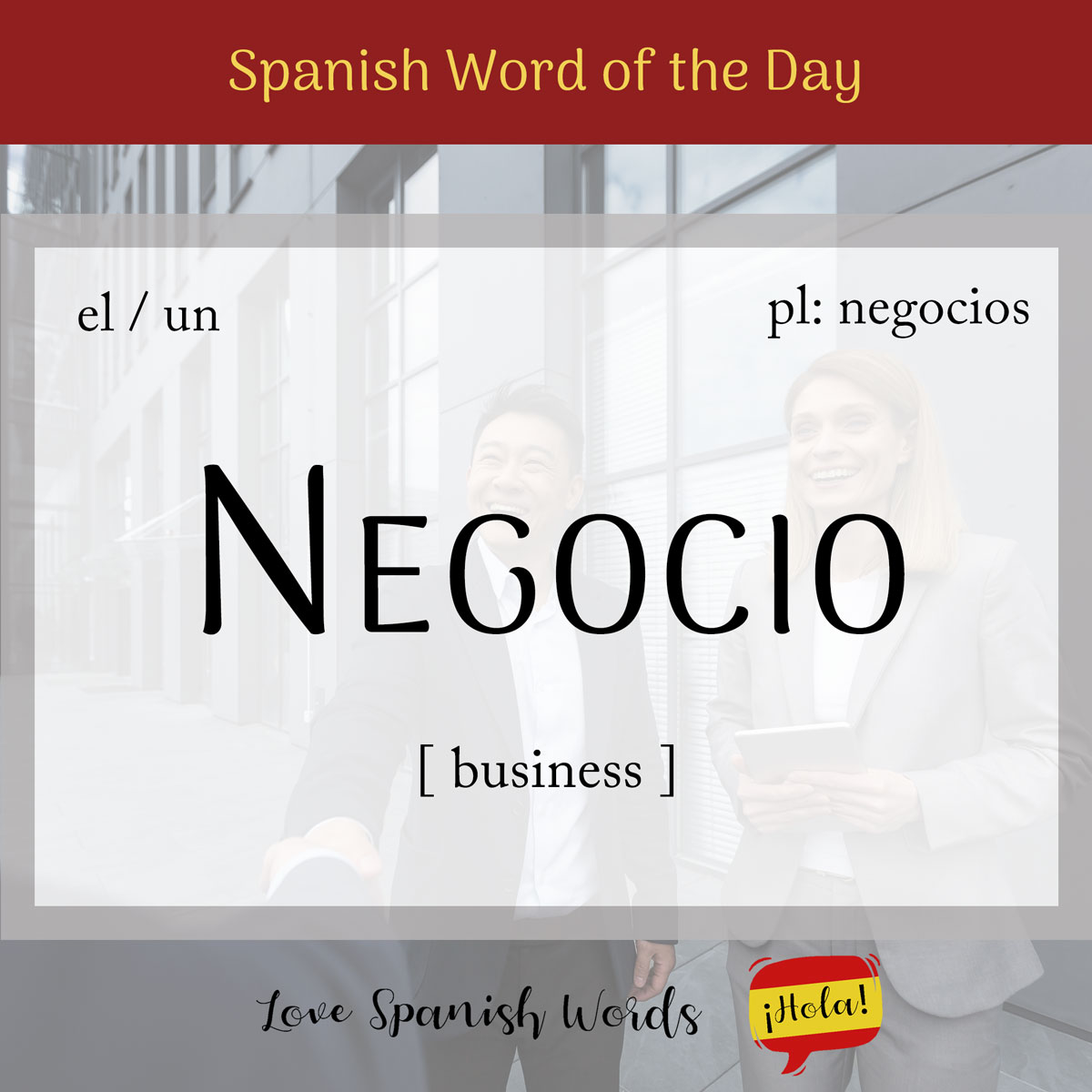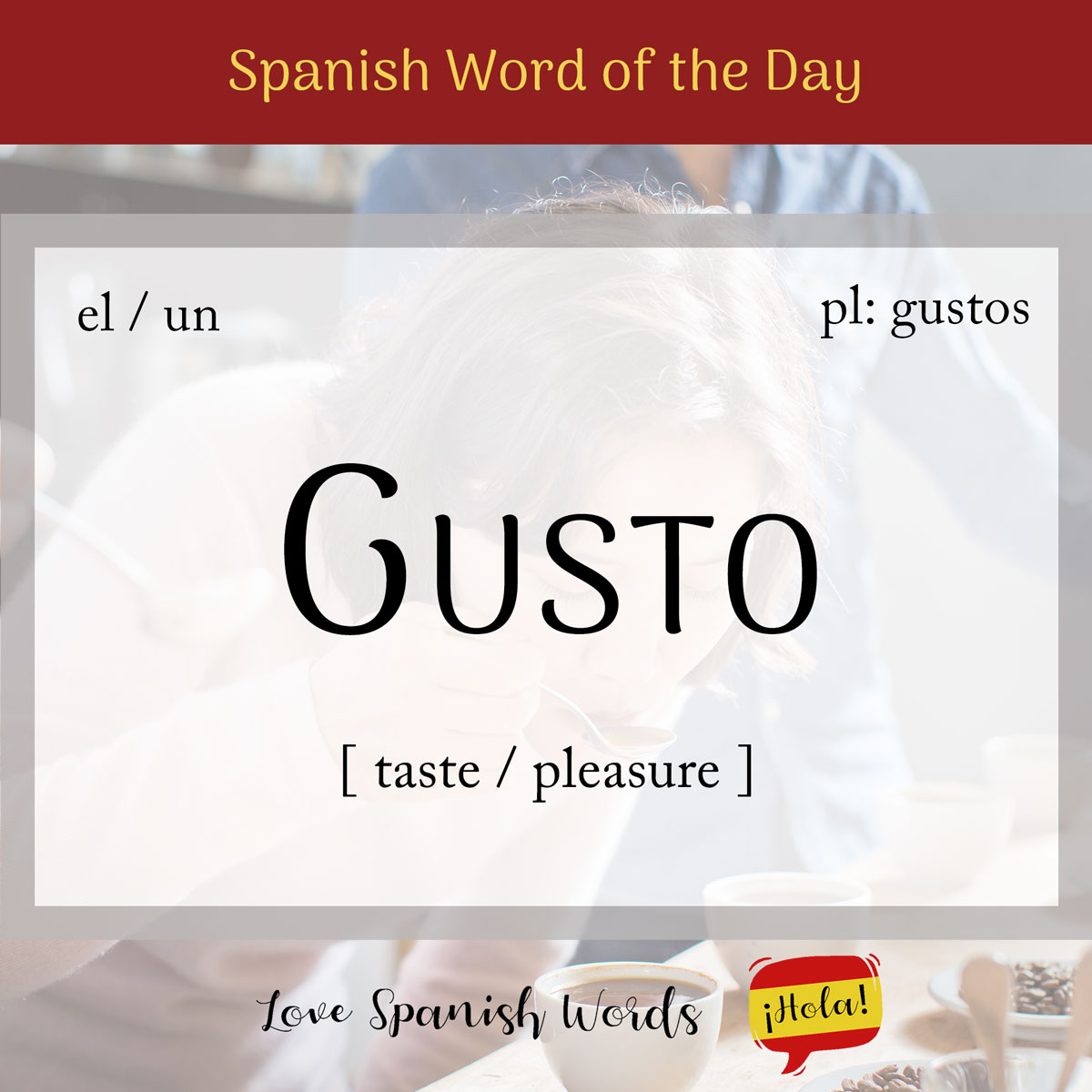Spanish Word of the Day: Pera (pear)
Pears are one of the yummiest and healthiest fruits around. These sweet and juicy fruits are called pera, meaning pear in English. The word originates from the Latin word pira, which is the plural form of pirium, meaning pear in English. Latin American Pronunciation European Pronunciation Pera is a feminine noun that takes the following …


